2024 Student Awards Program Winners
Honoring the Achievements of the 2024 Recipients
SDGs@UofT is pleased to announce the recipients of the 2024 Student Awards Program.
The SDGs@UofT Student Awards Program supports undergraduate and graduate students at the University of Toronto conducting impactful research aligned with the United Nations Sustainable Development Goals (SDGs).
Undergraduate Student Awarded Projects
Felipe Sarmiento Gomez, Department of Biological Sciences, Specialist in Integrative Biology
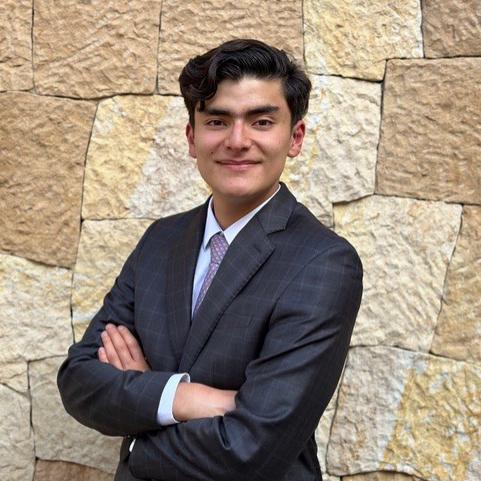
Supervisor: Scott MacIvor Marney Isaac
Cacao agroforestry systems (CAS) in Colombia support smallholder farmers while conserving biodiversity. Despite these benefits, low fruit set rates are a challenge. Felipe's research addresses this by studying flower visitors, using deep learning for image analysis, and DNA barcoding for identification. The goal is to improve cacao yields and sustainability.
Stephanie Long, Department of Health Studies, Population Health Stream

Supervisor: Behdin Nowrouzi-Kia
Stephanie's research explores mental health challenges faced by equity-deserving groups in the skilled trades, including electricians, plumbers, and HVAC workers. By identifying stressors and demands, the research aims to design targeted interventions to improve well-being, job satisfaction, and inclusivity. The project will inform policies and promote fair treatment and sustainability.
Riya Osti, Department of Global Development Studies, International Development
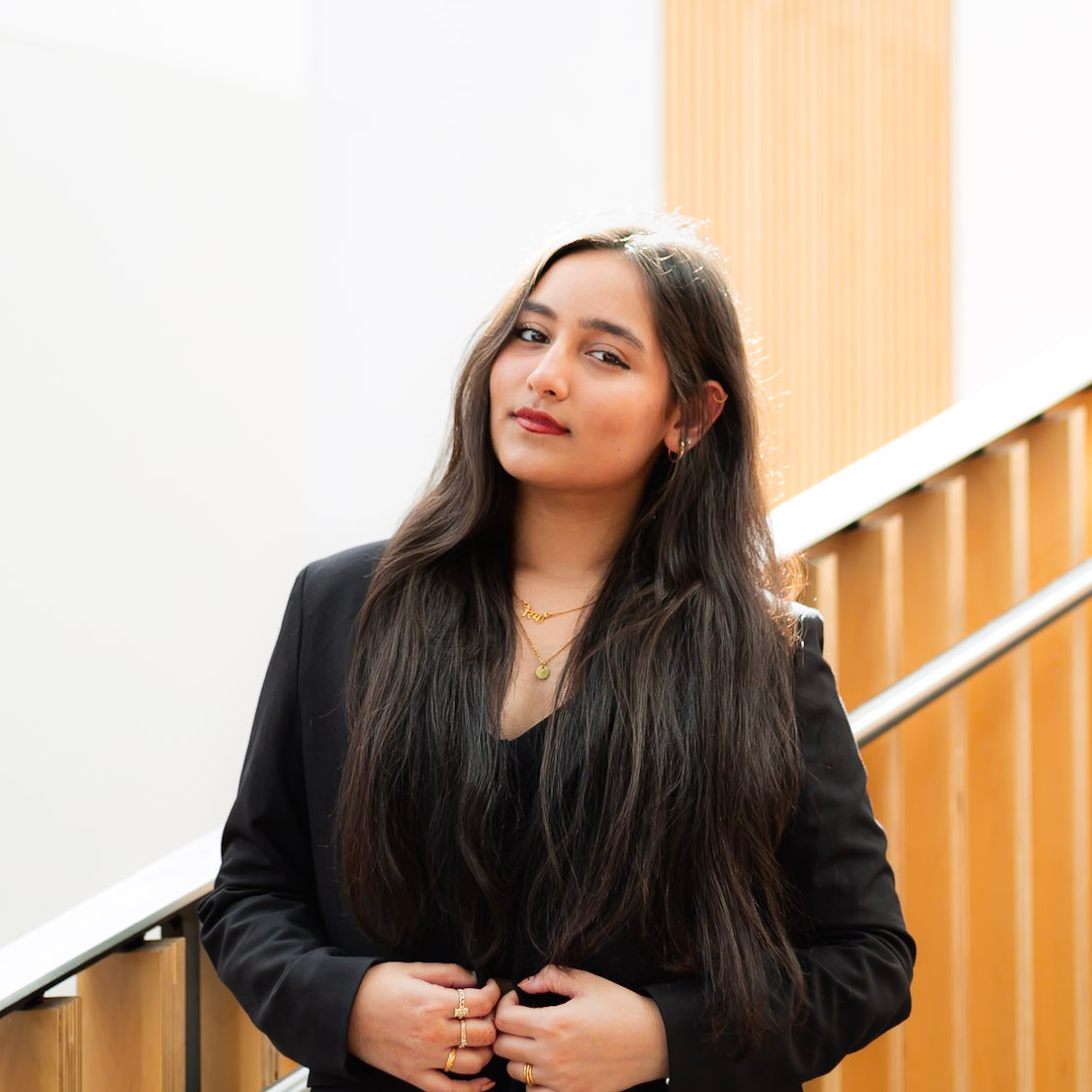
Supervisor: Imre Szeman
Nepal’s energy transition from firewood to renewables promises sustainability but reveals systemic barriers in linking energy access, gender equity, and economic empowerment. Riya's research examines how ‘energy-friendly’ policies in Gorkha, Nepal shape women’s and girls’ lives, questioning whether the policies address poverty and gender inequality or if it contributes to perpetuating existing disparities.
Bavan Pushpalingam, Department of Political Science, Public Policy
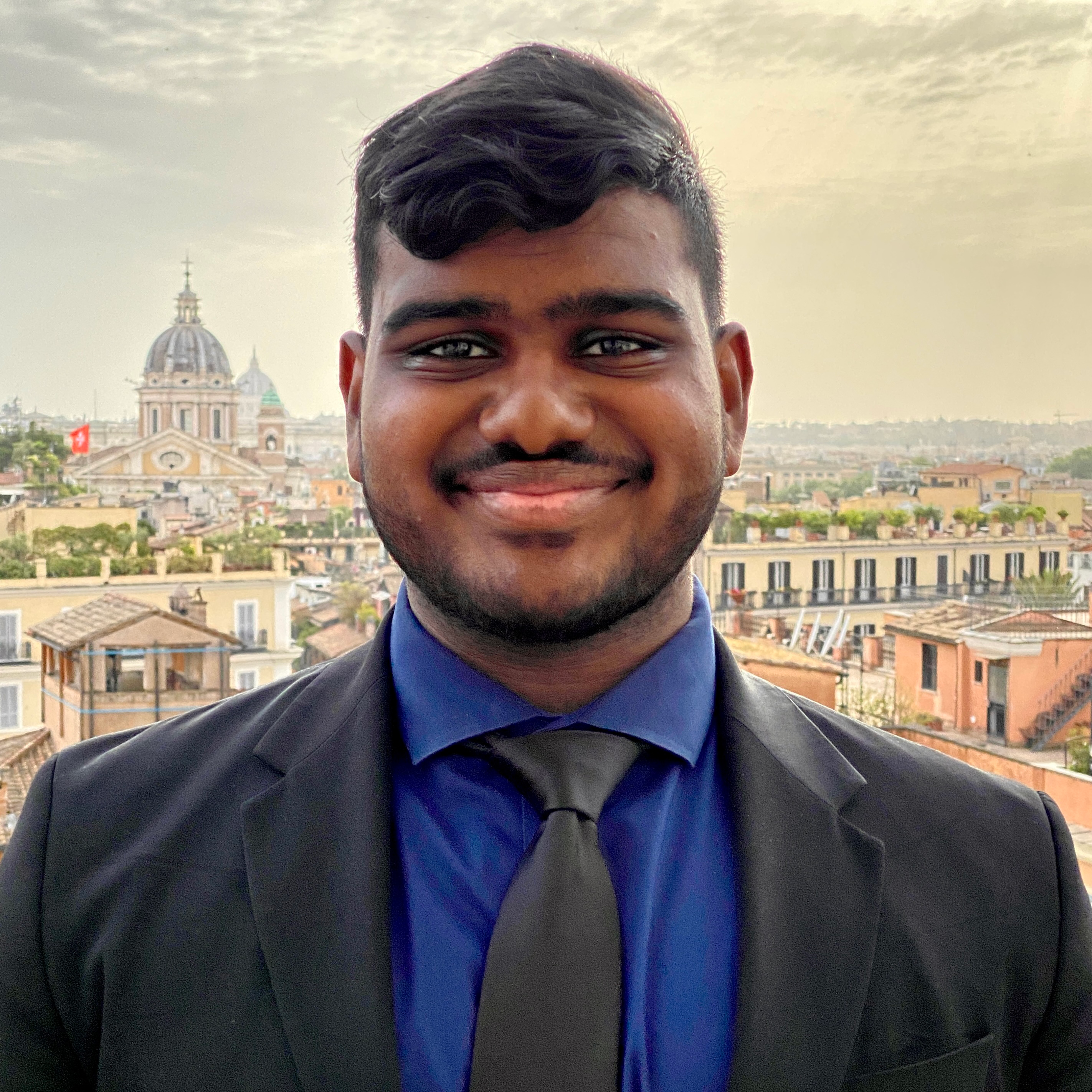
Supervisor: Beverley Essue
Bavan's study investigates the implications of fair trade policies on the food security of Malaiyaha Tamil women tea farmers in Sri Lanka, with a critical focus on land rights and sovereignty as mechanisms for economic independence and gender equity. Utilizing community-based participatory research, the project explores the potential of transitioning from estate-based tea farming systems to smallholder models to enhance food security, environmental sustainability, and economic outcomes.
Clarice Wu, Institute of Communication, Culture, Information, and Technology & Department of Management, CCIT and Commerce

Supervisor: Samar Sabie
Clarice's research examines how connected makerspaces can enhance creativity, support small businesses, and advance sustainability through resource sharing and waste reduction. It involves creating a comprehensive database of makerspaces in the GTA to address recycling challenges and foster responsible consumption and collaboration.
Graduate Student Awarded Projects
I Younan An, PhD, Political Science
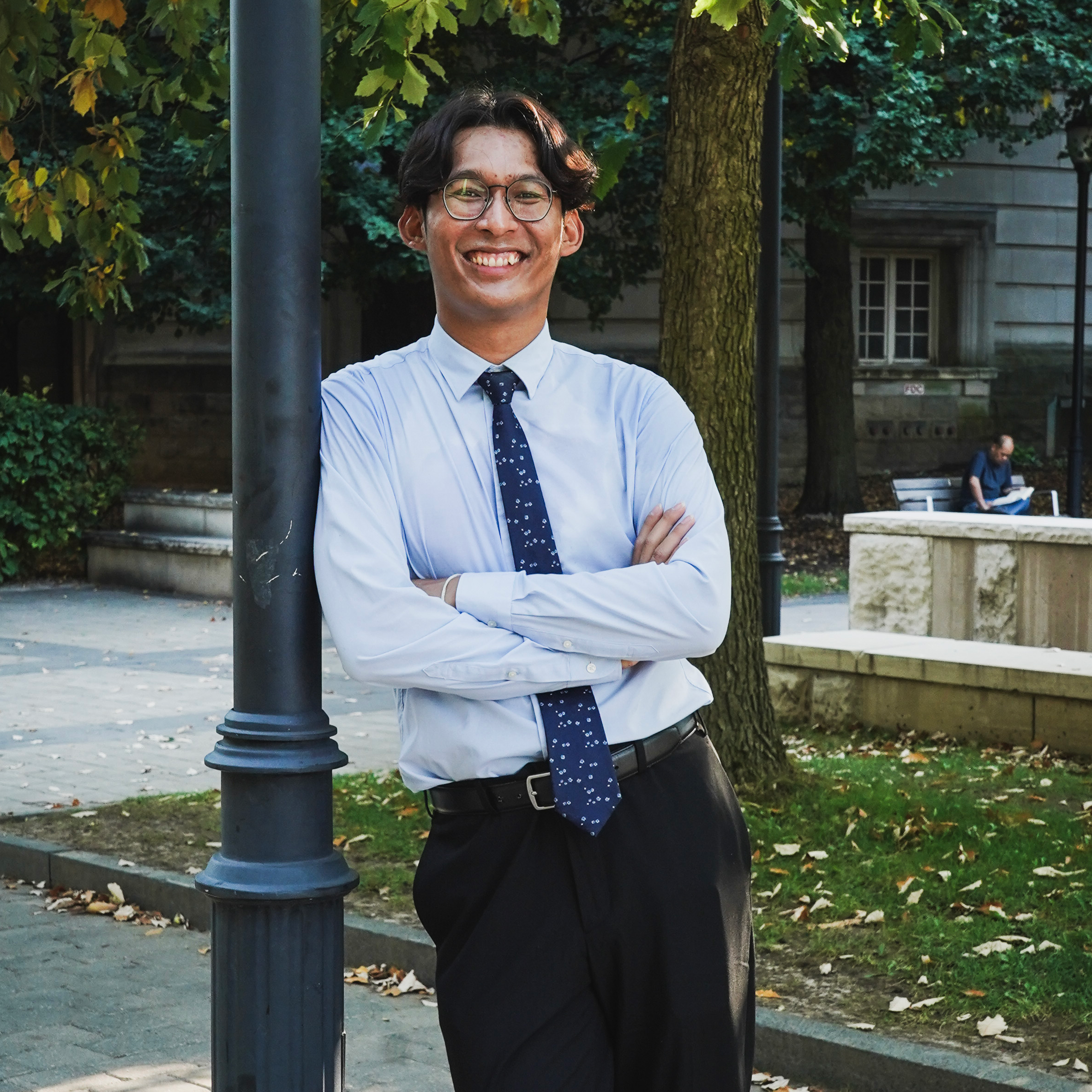
Supervisor: Linda White
I Younan's research seeks to understand the dynamics of skills and training policies in Cambodia and Vietnam. It examines the policymaking process through in-depths interviews and review of policy documents to assess why do developing countries adopt and invest in these policies in response to the growing threats of new emerging technologies such as AI, automation and robots.
Sarah Gram, PhD, Faculty of Information
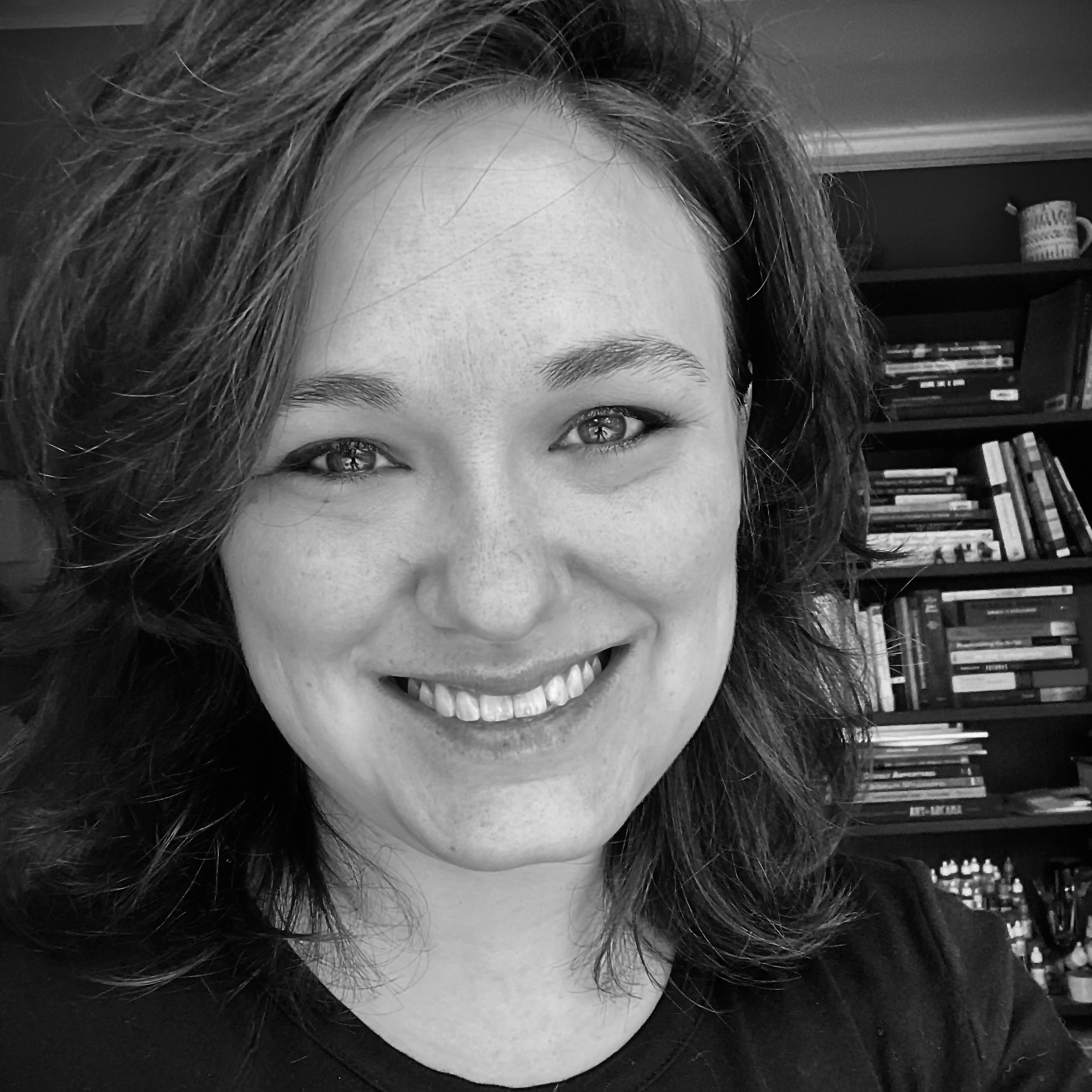
Supervisor: Matt Ratto
Sarah's research investigates the repair and maintenance practices of gig work delivery riders using e-bikes in urban settings. Through an ethnographic approach, she explores how these practices reveal intersections between infrastructure, social vulnerability, and sustainable mobility, offering insights into the broader sociotechnical systems shaping precarious urban labor and energy infrastructures.
Sarah Jarvis, PhD, Nutritional Sciences

Supervisor: Vasanti Malik
Achieving sustainable nutrition requires region-specific dietary shifts. Sarah's research develops the Canadian Food Life Cycle Inventory (CFLCI) database and Environmental Impact Score-Nutrition (EIS-N) index of foods consumed in Canada. These tools provide integrated evaluations of nutritional quality and environmental impacts, supporting evidence-based decisions for sustainable food systems in Canada.
Jatin, PhD, History

Supervisor: Malavika Katsuri
Jatin’s project investigates the role of caste, a predominant form of social hierarchy, in the making of South Asian cities. Jatin explores how social hierarchies of caste reproduce urban geographies, and vice versa, through a historical investigation of Dalit settlements and housing in Delhi city (India) from 1911 to 2010 CE.
Luc Kortenaar, PhD, Epidemiology

Supervisor: Diego G. Bassani
Luc aims to determine the effect of settlement population size on maternal, newborn and child health (MNCH) – an important focus area of the World Health Organization and the 2030 Sustainable Development Goals. Understanding the relation between settlement characteristics and MNCH can assists local health interventions and inform government policy.
Samantha LeValley, PhD, Civil Engineering
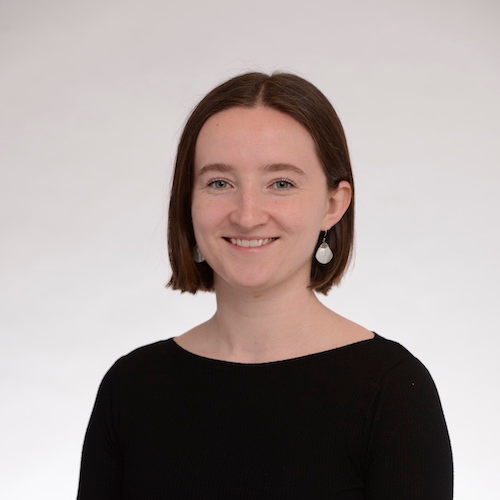
Supervisor: David Meyer
Piped water systems are seen as vital infrastructure to achieve SDGs 6.1 and 1.4, but in rural Zambia, their solar-powered, intermittent, and shared nature often jeopardizes equitable distribution. Samantha’s research combines engineering and social science to address these inequities, aiming to enhance water infrastructure’s capacity to support the SDGs.
Breanna Liaki, Master's, Developmental Psychology and Education

Supervisor: Kaja Jasińska
Accurate food-insecurity measures are needed to assess progress toward SDG 2.0. Breanna establishes the validity of a novel tool, the Picture Food Insecurity Task (PicFIT), by demonstrating its alignment with established measures and anthropometric outcomes. Unlike existing measures, PicFIT is developmentally appropriate for children and captures individual experiences of food insecurity.
Cindy Le Nguyen, PhD, Rehabilitation Sciences

Supervisor: Angela Colantonio
Cindy's project investigates the intersection of sex and gender in depression-related service utilization for individuals with traumatic brain injury and depression, addressing Sustainable Development Goal (SDG): Good Health and Well-Being. Specifically, it examines how sex, gender, race/ethnicity, age, and socioeconomic status influence patterns of service use and disparities in access.
Wahab Osman, PhD, Nursing Science

Supervisor: Charlene H. Chu
Wahab's research examines the impact of Electronic Health Records on nursing documentation quality in the Ghanaian setting. It evaluates documentation quality parameters while investigating nurses' perspectives, challenges, and enablers. The study aims to enhance healthcare delivery, supporting Sustainable Development Goals 3, 9, and 10 by promoting health, fostering innovation, and reducing inequalities.
Natalia Alvarez Quintero, Master's, Department of Geography and Planning

Supervisor: Sergio Montero
Bogotá's first metro line faces significant challenges in transforming urban spaces around stations. Standardized designs overlook neighborhood diversity and misalign timelines between urban renewal projects. These issues highlight the city's ongoing urban expansion and inequality challenges. Using an Inclusive Transit Development (ITD) model, Natalia's research integrates spatial analysis and policy review to develop equitable actionable guidelines for housing, services, and urban spaces, advancing SDGs 10 and 11 and promoting inclusive, sustainable urban growth.
Adriano Nicola Roberto, PhD, Environmental Sciences

Supervisor: Scott MacIvor Marney Isaac
Adriano's project examines the effects of environmental stressors on crop performance on extensive green roofs to determine plant growth and food production. Adriano focuses on investigating facilitative effects of green roof plants on crop performance and quantify plant traits as indicators of crop performance in extensive green roof conditions.
Ma Guadalupe Sanchez Sandoval, PhD, Language and Literacies Education
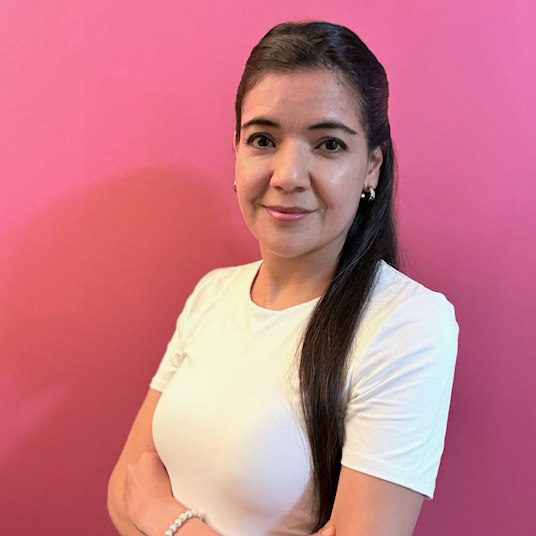
Supervisor: Elizabeth Buckner
The research studies the development of a critical community of practice formed by educators across three universities in Mexico who co-construct a plurilingual approach to their sustainability courses. The study intersects language and sustainability education and strengthens connections between ecological, linguistic and cultural diversity to foster synergies across fields.
Seyed Mostafa (Mo) Saneii, PhD, Civil & Mineral Engineering, Transportation
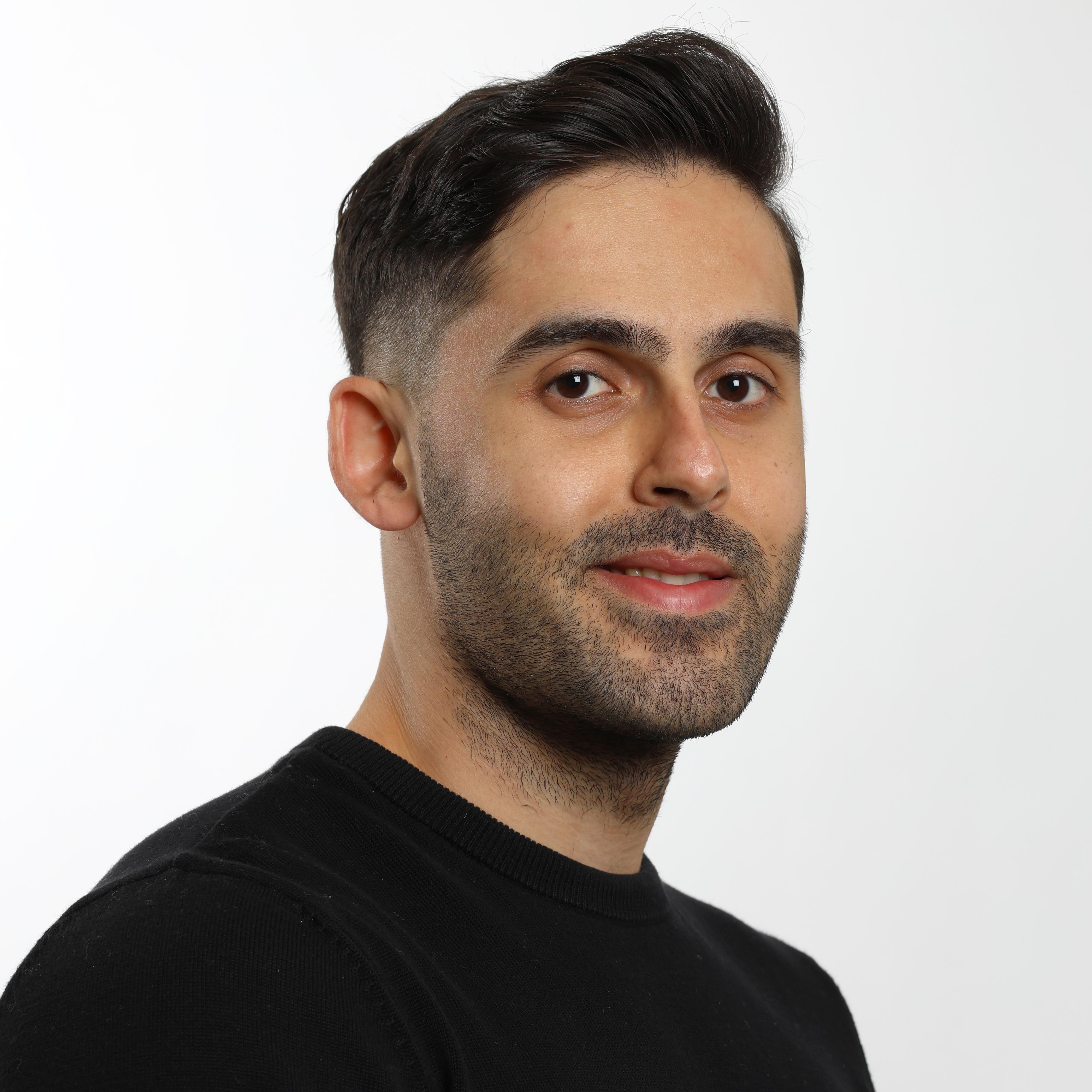
Supervisor: Matthew J. Roorda
Mo's research explores optimizing electric vehicle (EV) charging infrastructure along Canada’s Québec City–Windsor freight corridor, aiming to decarbonize long-haul trucking. It combines stationary and dynamic charging solutions, integrating regulatory considerations and data-driven models to create a sustainable, scalable transition to electric freight transport. The work supports climate action and sustainable infrastructure.
Emmanuel Taiwo, PhD, Environmental Science
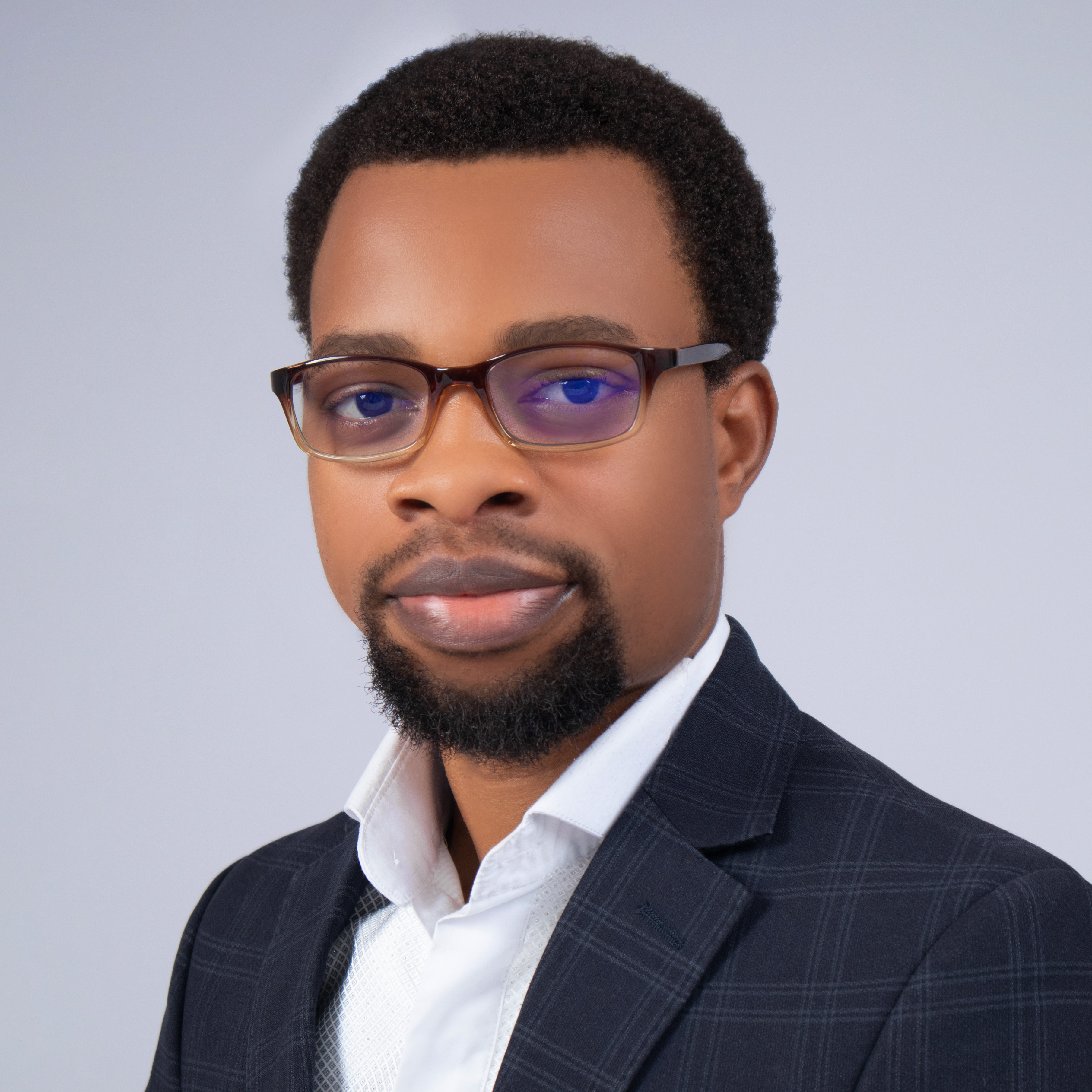
Supervisor: Laura Tozer
Emmanuel's research focuses on equitable access to energy transition innovations in Toronto. Through initiatives co-created with grassroots partners, Emmanuel is exploring energy access barriers faced by underserved communities and will provide policy recommendations supporting the city's TransformTO climate goals, improve energy justice, and also promote progress towards UN SDG 7.
Ashique Ali Thuppilikkat, PhD, Faculty of Information
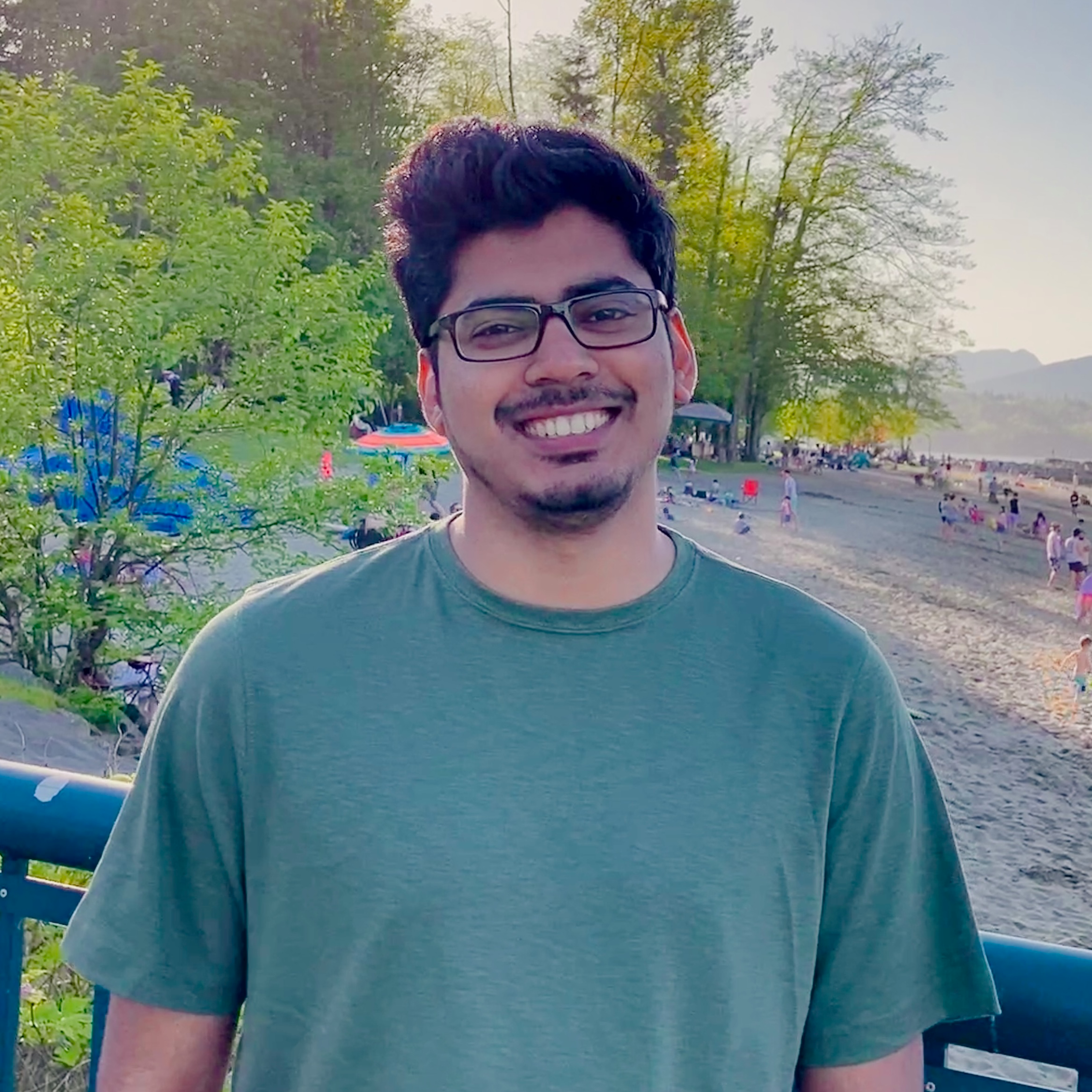
Supervisor: Priyank Chandra
Ashique's research examines how climate change and environmental risks—such as heatwaves, air pollution, and flooding—exacerbate labour precarity among workers in location-based digital labour platforms (DLPs) in India. In collaboration with worker unions in Indian cities, the project aims to co-design tools that support data-driven advocacy for equitable labour policies.
Sara Torbatian, PhD, Philosophy

Supervisor: Marianne Hatzopoulou
The majority of Sara’s research interests are focused on developing air quality modeling capabilities to assess the impacts of emission reduction policies on the transportation sector. Her particular interest lies in greening goods movement and understanding the implications of decarbonization scenarios targeting diesel-fueled vehicles for air quality, health, and environmental justice.
Stephen Tu, PhD, Leadership, Higher and Adult Education

Supervisor: Elizabeth Buckner
Stephen's research explores universities as multispecies habitats and considers how campus green spaces contribute to student well-being. By examining human and other-than-human intra-actions in these outdoor campus commons, Stephen hopes to understand the potential of such spaces for fostering kin-building and relational awareness, offering new frameworks for more sustainable universities.
Priyanka Verma, PhD, Faculty of Information
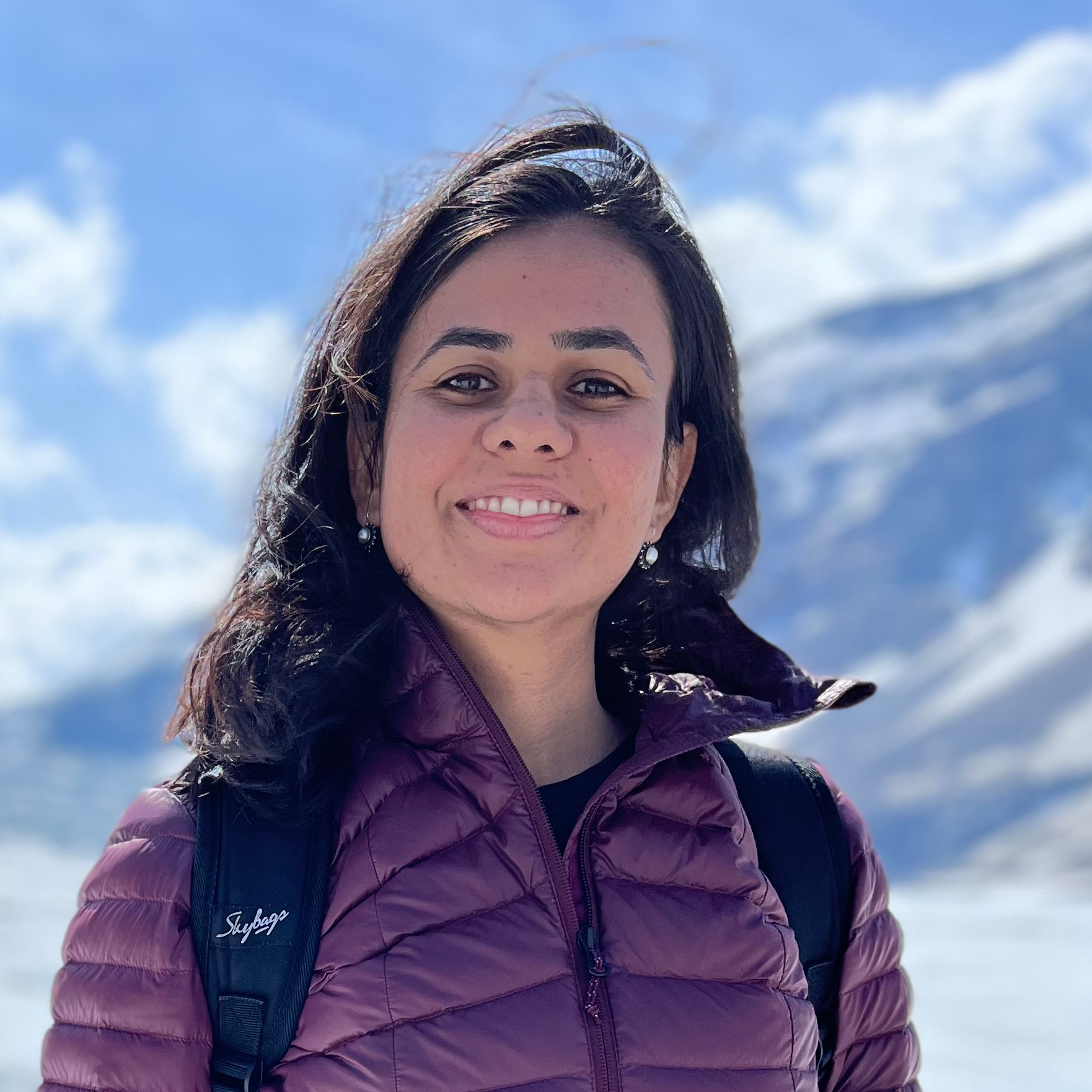
Supervisor: Samar Sabie
Priyanka's research investigates and seeks to reimagine the role of data and information technologies in supporting the goals of cooperatives. Priyanka conducts their research at Campus Cooperative Residence Inc (CCRI)– the oldest housing cooperative in Canada that provides affordable residence to students. By investigating the role of technology to build capacity for housing cooperatives, Priyanka's research aims to make cities more inclusive, sustainable, and resilient.
Joao Pedro Bazzo Vieira, PhD, Civil & Mineral Engineering

Supervisor: Marianne Hatzopoulou
Ride-hailing systems, like Uber and Lyft, increase vehicle emissions as it expands globally. Joao's study analyzes Toronto's ride-hailing system, focusing on greenhouse gas emissions, driver characteristics, and vehicle electrification. It emphasizes the benefits of electrifying high-mileage vehicles and the need for policies to promote decarbonization.
Karlye Wong, PhD, Civil & Mineral Engineering

Supervisor: Ron Hofmann
Karlye’s research evaluates a novel technology, UV-LED disinfection, for rainwater harvesting systems in Mexico, addressing water insecurity and quality in peri-urban areas. In partnership with local NGO, Isla Urbana, 10 systems will be piloted in households and schools, assessing disinfection performance and technology adoption. Insights will inform user-centered designs, sustainable management practices, and policies for decentralized water treatment solutions.
Brooke Wortsman, Master's, School and Clinical Child Psychology

Supervisor: Kaja Jasińska
Brooke's research investigates children’s resilience in rural Côte d’Ivoire, where multiple complex challenges such as high rates of child labour (SDG-8.7) and intergenerational poverty (SDG-1.10) create barriers to educational attainment (SDG-4). Brooke asks what factors are associated with educational resilience (i.e., staying in school) despite significant risk?
Pavel Zhelnov, PhD, Health Systems Research

Supervisor: Andrea Tricco
Pavel's research project aimed to develop and pilot a toolkit designed to detect avoidable waste in health research, called AWARE. This toolkit is an online, printer-friendly resource available in multiple languages, with a variety of use cases, including patient and public empowerment, evidence-based care, training, cross-disciplinary communication, peer review, funding, and evaluation. The methods employed in the project include a scoping review, interviews, and thematic analysis. The project is set within the Strategy for Patient-Oriented Research (SPOR) Evidence Alliance framework.
